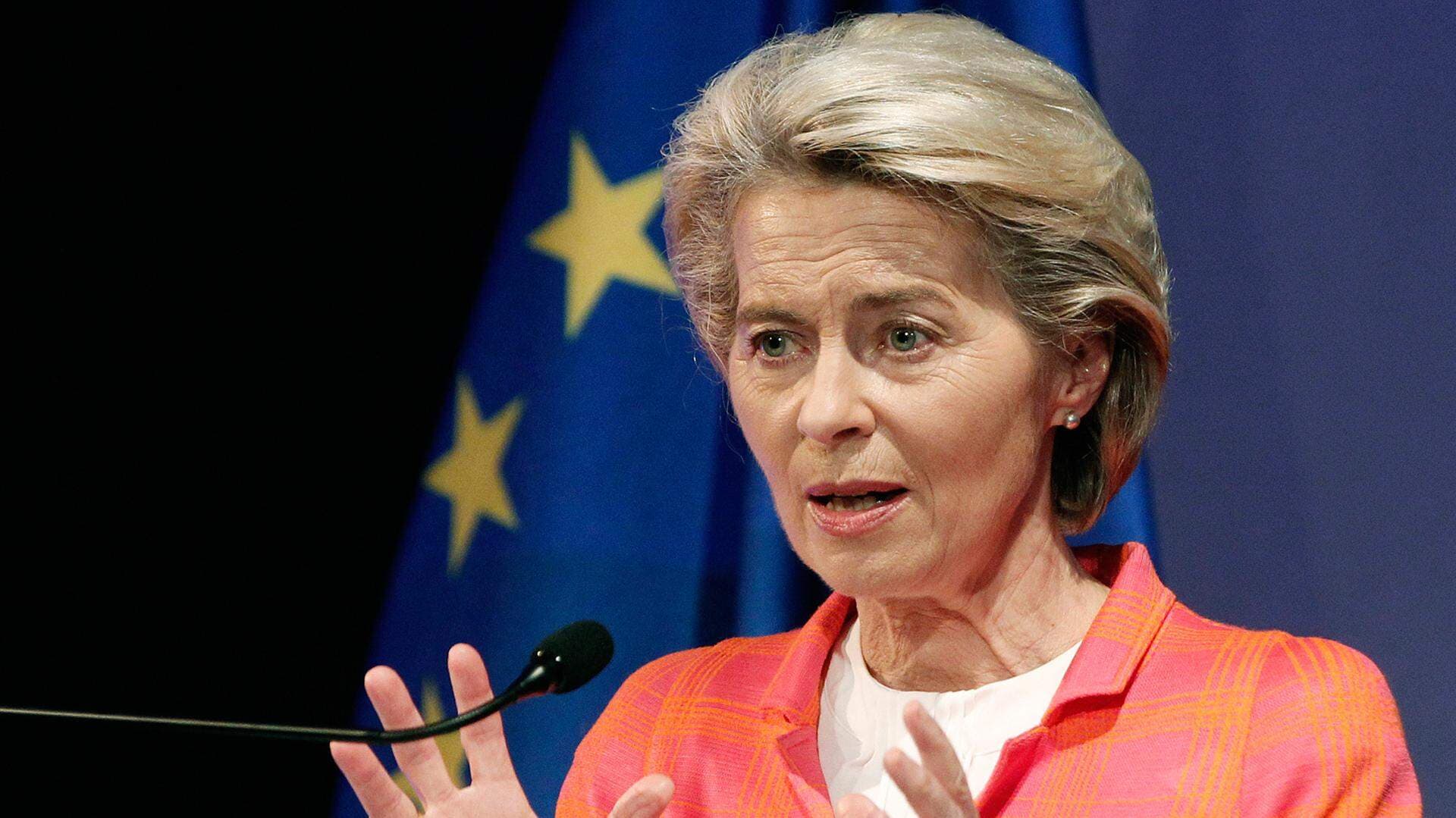EU: More state aid not the answer for recovery
The EU Commission is proposing a further expansion of generous state aid rules introduced during the pandemic to facilitate investment support from the public sector. The proposals are wrongheaded. The economy needs to stand on its own two feet again, writes Stefan Sagebro, expert on competition and state aid issues.

The EU Commission is proposing the extension of the temporary framework until June 30, 2022.
Since the pandemic hit, the European Commission has acted wisely to enable member states to protect jobs and companies with several types of emergency support. Never before have the various member states pumped such substantial amounts of state aid into the economy. During this period, the Commission has approved more than 650 measures totalling more than three trillion euros.
This has been necessary to protect the economy, and at the same time the temporary framework developed by the European Commission has served as a key instrument for ensuring that the structure of the measures do not distort competition unnecessarily.
Naturally, as the economy recovers, the need for this type of extraordinary relaxation of state aid rules recedes. The regulatory framework is fundamental to ensuring a level playing field in the internal market – that resource-rich member states should not be able to provide support and thus unfair competitive advantages to “their” companies. The EU economy seems to be recovering rapidly. According to the Commission’s own estimates, GDP in the EU as a whole will increase by 4.8% in 2021 and 4.5% in 2022.
Despite this, the Commission is now proposing that the temporary framework, which is currently set to expire at the end of December 2021, is extended until 30 June 2022.
Even if economic growth figures suggest that the regulations should be removed today, it is probably still reasonable to extend the regulations once more. Uncertainties persist about the potential continuation of the pandemic and how effective vaccines are in the long term. Furthermore, it is important that aid is not phased out too rapidly, and some sectors of the economy have not yet recovered, even though the figures look good overall.
It is therefore reasonable to make this last extension – because this really needs to be the last such extension, unless a drastic and unforeseen deterioration of economic conditions occurs.
However, in addition to this, the Commission also proposes including in the temporary framework the option of providing investment aid that is not directly related to damage caused to companies by the pandemic. Rather, support would be based on the economy needing an extra “push” to get a powerful restart.
This is something that the Confederation of Swedish Enterprise disputes. Swedish Enterprise questions the need for an additional basis for investment aid, given that existing acquis already provides a wide variety of ways for member states to provide this type of aid. It would also be aid that has no clear guidance as to the type of activities that can be supported, but where member states are free to “top up” support for all kinds of different types of investment. In addition, to now expand the range of support available in the temporary framework is the wrong approach.We instead need to focus on, at the right time and with determination, removing the interventions that we would prefer not to have as disruptive elements in the market.
In the long run, a less stringent regulatory framework would be detrimental to the EU economy and competitiveness. This would be particularly detrimental to Swedish companies that are dependent on a well-functioning internal market and competing companies in other member states not being given considerable comparative advantages through state aid.